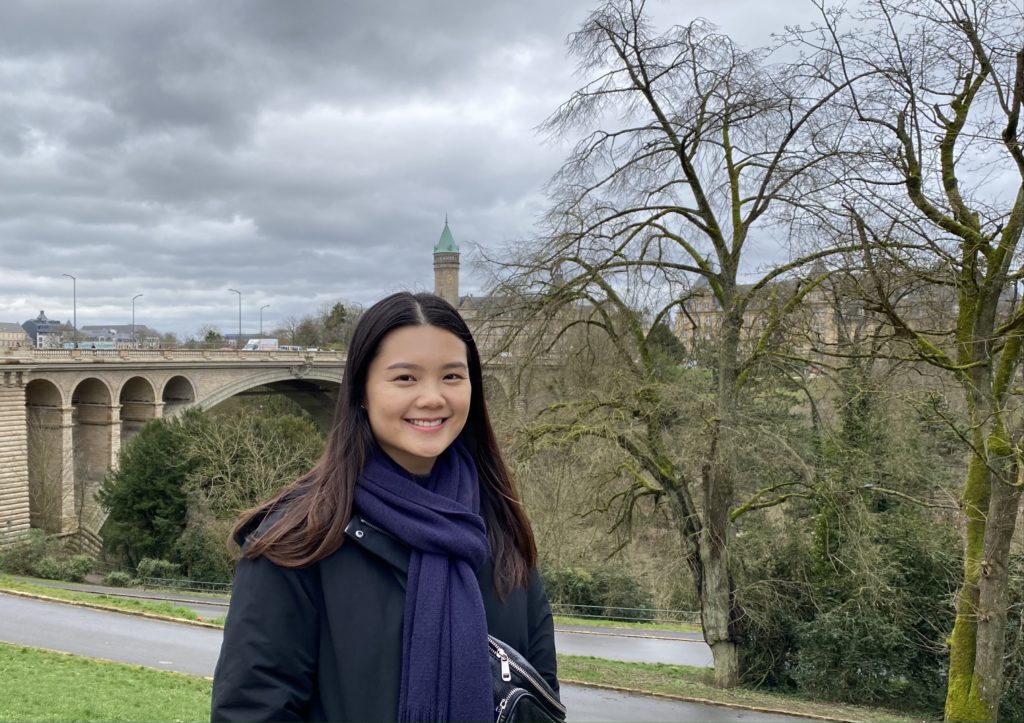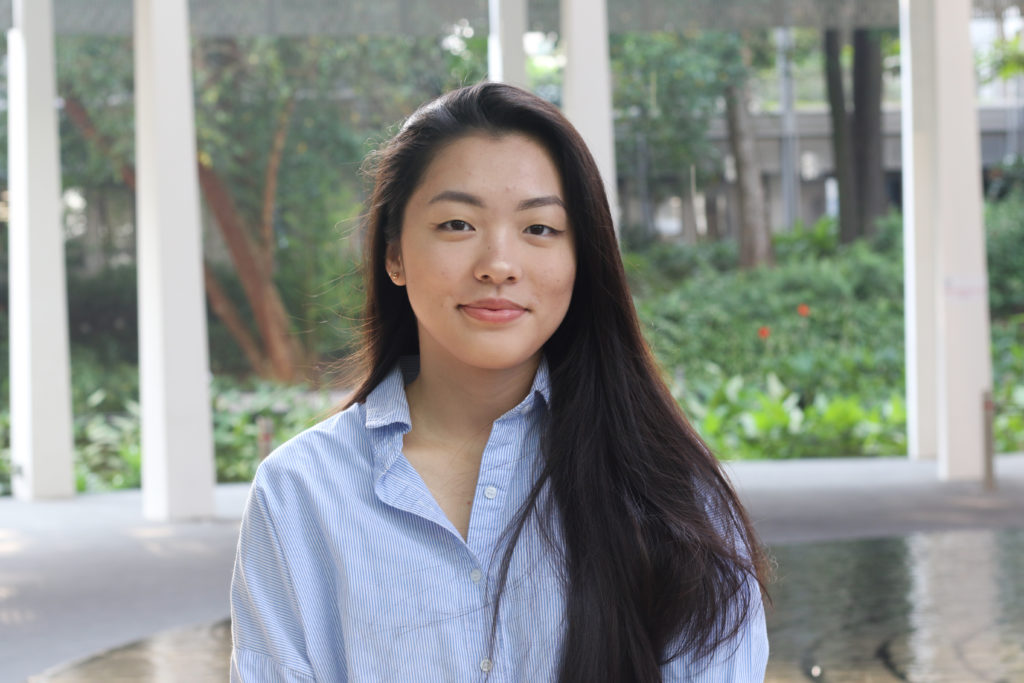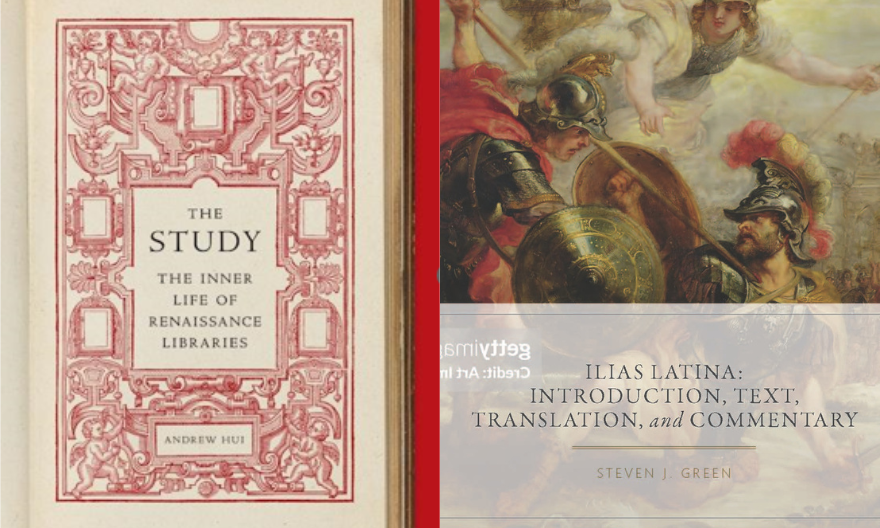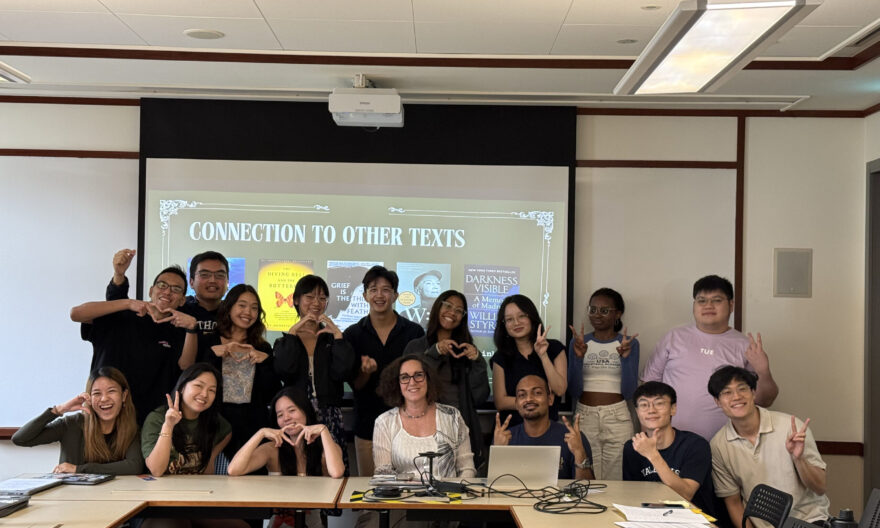Yale-NUS students produce capstone projects examining the impact of COVID-19
Over the last year, the COVID-19 pandemic has radically changed the world as we know it. It is not simply about vaccines, quarantine, face masks and social distancing; with the virus being part of our lives for the indefinite future, the normality of the past has ceased to exist and what awaits us is a new way of life and reality. At Yale-NUS College, some students from the Class of 2021 have delivered capstone projects that reflect on the impact and long-lasting consequences of COVID-19.
The capstone project is a final-year, two-semester long module that all Yale-NUS students are required to complete. It gives students the opportunity to pursue an in-depth topic of their choice and work closely with one or two faculty supervisors. Depending on the students’ major and preferences, it can be a creative, experiential or research project.
Emily Hwang (Class of 2021), a Psychology major, chose to perform a longitudinal study that examined mental health effects of the COVID-19 pandemic in Singapore. She was interested in whether dispositional traits like mindfulness and self-compassion may protect an individual against negative psychological outcomes caused by the pandemic.
 Emily’s capstone project examined mental health effects of the COVID-19 pandemic in Singapore. Image provided by Emily Hwang.
Emily’s capstone project examined mental health effects of the COVID-19 pandemic in Singapore. Image provided by Emily Hwang.
On a personal level, Emily has always been interested in mental health and wellness. In school, she benefited a lot from practising mindfulness and self-compassion, such as through using the meditation app ‘Headspace’. When the COVID-19 circuit breaker in Singapore kicked in last April, she noticed that there was a dearth of literature about the mental health impact of the pandemic; this prompted her to use her capstone to address this research gap.
From a community sample of 212 young adults based in Singapore, she made two key findings: self-compassion effectively buffered against perceived impact of COVID-19 on depressive and anxiety symptoms while mindfulness did not.
“One possible explanation is that how we approach our negative thoughts are more important than focusing our attention in the present moment. Whereas mindfulness entails being non-judgementally aware of the present moment, self-compassion consists of two additional components: self-kindness and recognition of common humanity. These two factors might help alleviate psychological distress associated with COVID-19, thus explaining why self-compassion appears to have a greater protective effect,” she explained.
Worldwide, the pandemic has also disproportionately affected the most vulnerable populations. One particular population that has been most affected in Singapore is the low-wage migrant workers. In the Urban Studies field, Nicole Quah (Class of 2021) investigated COVID-19 policies in migrant workers’ purpose-built dormitories in Singapore.
 Nicole’s capstone project explores COVID-19 government policies in migrant workers’ dormitories in Singapore. Image provided by Nicole Quah.
Nicole’s capstone project explores COVID-19 government policies in migrant workers’ dormitories in Singapore. Image provided by Nicole Quah.
Nicole’s interests in migration and “the unequal incorporation of migrant workers into the global city” compelled her to do a capstone project that focused on the COVID-19 crisis in Singapore. She observed a gap in current studies on whether the circumstances of migrant workers have changed during times of crises.
Nicole noted that while the policies have benefited migrant workers by providing them with medical care, they were primarily used to prevent spill-overs of the outbreak from the dormitories to the rest of the local community. Nonetheless, she also acknowledged that the government has also rolled out initiatives intended to support migrant workers’ wellness, health and standard of living in the long term.
Looking beyond Singapore, Rishab Gandhi (Class of 2021), an Economics major, chose to evaluate the impact of COVID-19 on urban residential housing prices across 22 cities in India using a fixed effects estimation strategy. When COVID-19 struck, Rishab and his father, who enjoys following the real estate market in India, noticed that different news articles often reported contradicting analysis on the variation in price trends of residential properties. Rishab felt motivated to use his capstone thesis to explore this issue and come up with a consolidated and cogent analysis.
 For his capstone project, Rishab explored the impact of COVID-19 on urban residential housing prices in India. Image provided by Rishab Gandhi.
For his capstone project, Rishab explored the impact of COVID-19 on urban residential housing prices in India. Image provided by Rishab Gandhi.
“When I first started, I expected to see a fall in prices since most other asset classes faced downward pressures in India and I thought that the demand-side shock would deal a strong blow to real estate as well. However, it was quite interesting to see that the crisis had a lagged impact on the market; with prices in fact rising in the first quarter after COVID-19 struck and then falling in the subsequent quarters,” he noted.
Working on his project, Rishab is grateful to his capstone supervisor, Assistant Professor of Social Sciences (Economics) Ran Song for guiding him through the data collection process. “I used data ranging from district level housing prices, COVID-19 case numbers, population statistics, unemployment rates, etc. Making my initial, consolidated dataset was one of the most challenging aspects of the capstone process,” he said. Asst Prof Ran Song guided him to approach his data collection and cleaning process through a clear, structured method.
Overall, all three students felt that the capstone journey, while long and arduous, was ultimately a very fulfilling project which enabled them to build on their personal research interests and intellectually ruminate on the unusual times of today. More importantly, with the consistent support and encouragement from their faculty advisors, it was never a lonely journey.




